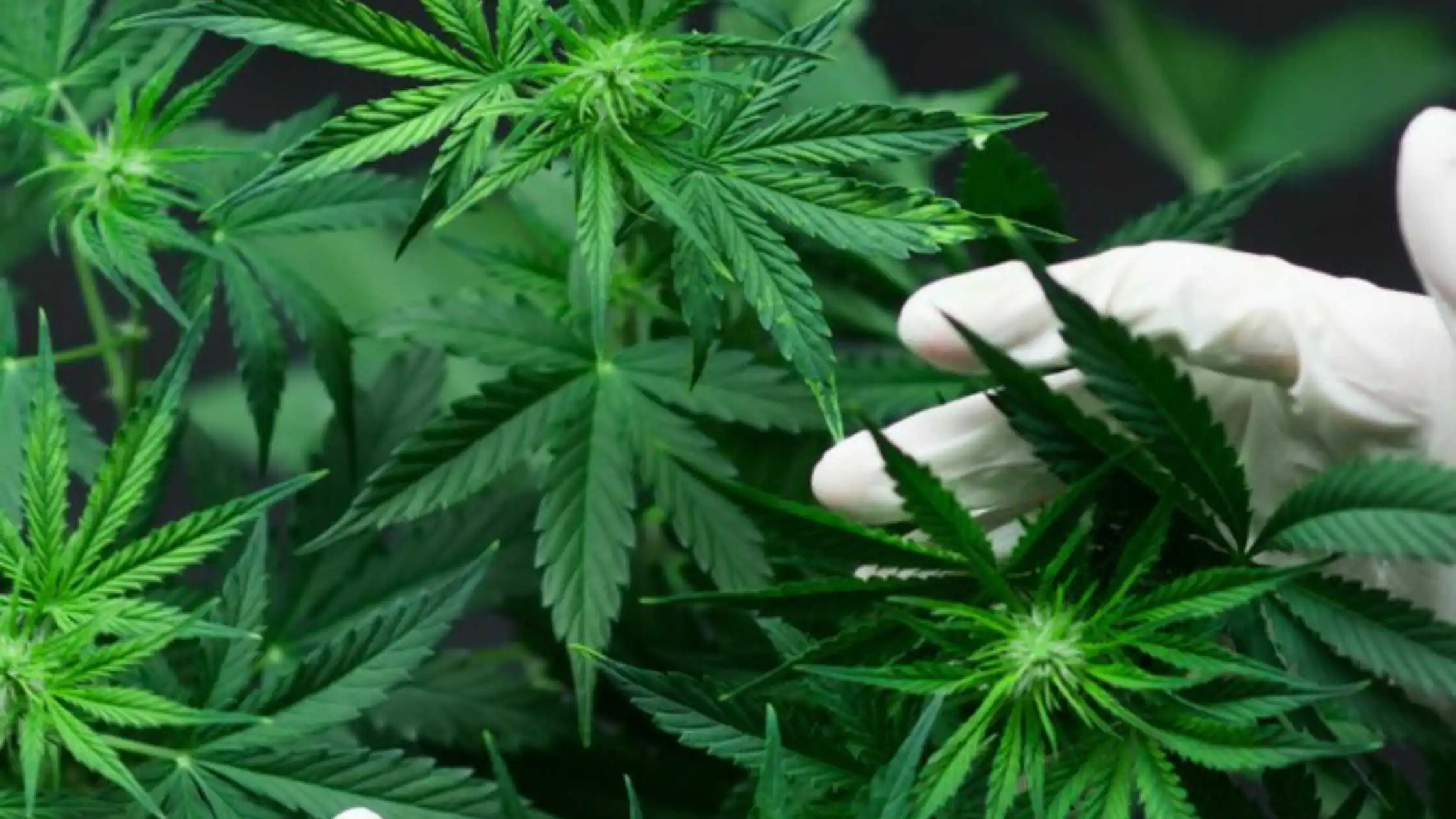The new coalition government of Germany is unveiling some initial details about its marijuana legalization plan, even if the reform is taking a back seat to efforts to tackle the coronavirus pandemic.
Before being sworn in late last year, the so-called traffic light coalition announced that legalization would be a priority and laid out an agreement on the issue. A top government official is now providing information about the pending proposal.
There are the basics: the government wants adults to be able to possess and purchase cannabis from licensed facilities. Those could be pharmacies, but lawmakers “may also continue to draw the circle” to expand where marijuana could be bought.
Because there will be a sales component, Federal Justice Minister Marco Buschmann (FDP) told the German Press Agency that “there must also be producers who are allowed to grow and sell it legally,” signalling that the coalition is developing a licensing structure for different market aspects.
According to the news report, legislative leaders also consider dispensary staffing policies. To sell marijuana for adult use, there could be some “required expertise of the sales staff” so that they can “provide information about the products and to counteract risky cannabis use, especially in the case of recognizable addicts.”
Marijuana will also “be subject to some form of taxation, like other consumer products,” the minister said.
He also rejected the idea that most people will continue to operate in the illicit market because it isn’t subject to taxes. The minister said, “The risk of criminal prosecution should also be included in the dealer’s price calculation on the street.”
Regarding the timing of the legalization plan’s rollout, Buschmann said it is primarily up to the Ministry of Health, which is currently preoccupied with “fighting the pandemic.”
As it stands, personal possession of marijuana is decriminalized in Germany, and there is a medical cannabis program in place.
The joint government also previously said it would review legalization’s social impact four years after implementation.
Beyond cannabis legalization, the traffic light coalition said it would also advance other drug policy reforms, such as establishing drug-checking services where people can have illicit drugs tested for contaminants and other harmful substances without fear of facing criminal sanctions.
When it announced the legalization plan, the leaders noted that the legislation would also restrict advertising for marijuana, alcohol and tobacco products.
While the lawmakers emphasized that the objective of marijuana legalization is not to boost tax revenue for the country, FDP said in its election manifesto that taxing cannabis like cigarettes could generate €1 billion annually.
This reform has been coming for a long time in Germany. It was 2017 when members of the Christian Democratic Union and its ally, the Christian Social Union, entered into talks with Free Democrats and Greens about advancing legalization.
Police unions in Germany have come out against plans to legalize marijuana.
In neighbouring Luxembourg, the ministers of justice and homeland security unveiled a legalization proposal last year, which will still require a vote in the Parliament but is expected to pass. For now, the country is focusing on legalization within a home setting. Parliament is scheduled to vote on the proposal in early 2022, and the ruling parties are friendly to the reform.
Malta beat both Germany and Luxembourg to the punch late last year, becoming the first country in Europe to legalize adult-use cannabis.
While unrelated to the country’s legalization plan, Berlin’s public transit authority launched a promotion over the holiday with hemp-infused tickets that riders could eat. The tickets were infused with hemp oil from seeds, so they didn’t contain intoxicating cannabinoids like THC.
Separately, a German company recently said that it is still in talks with the Taliban regime of Afghanistan about setting up a cannabis production operation in the country—but some international issues need to be resolved first.
Disclaimer: https://www.marijuanamoment.net/german-officials-preview-marijuana-legalization-plan-details





